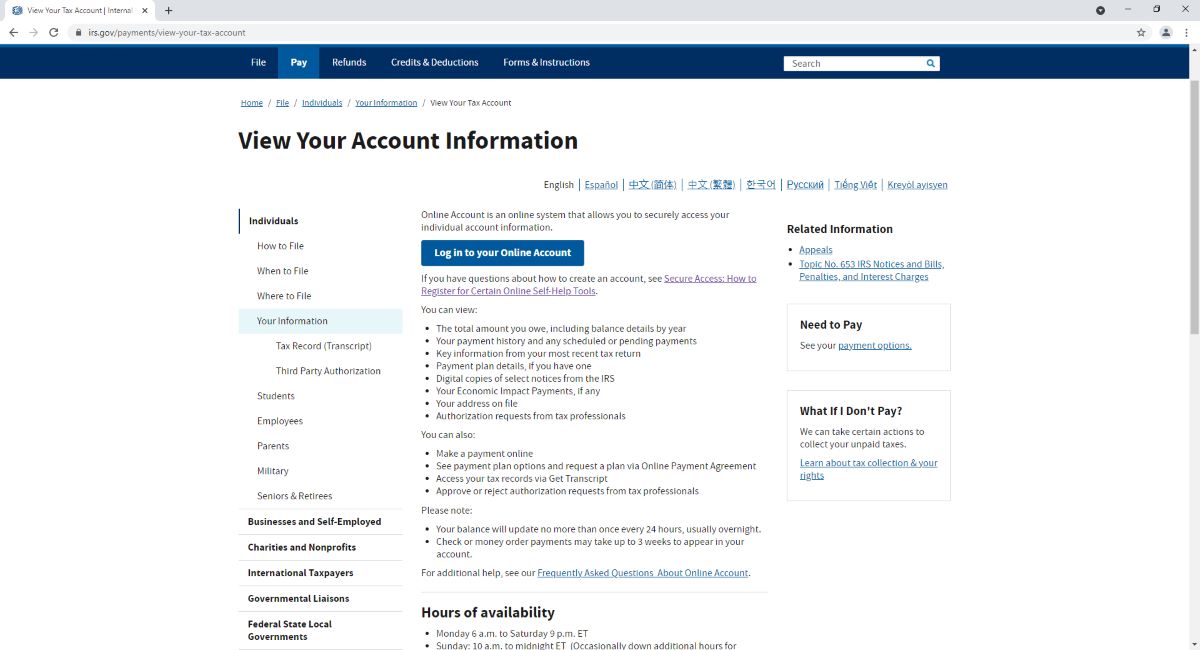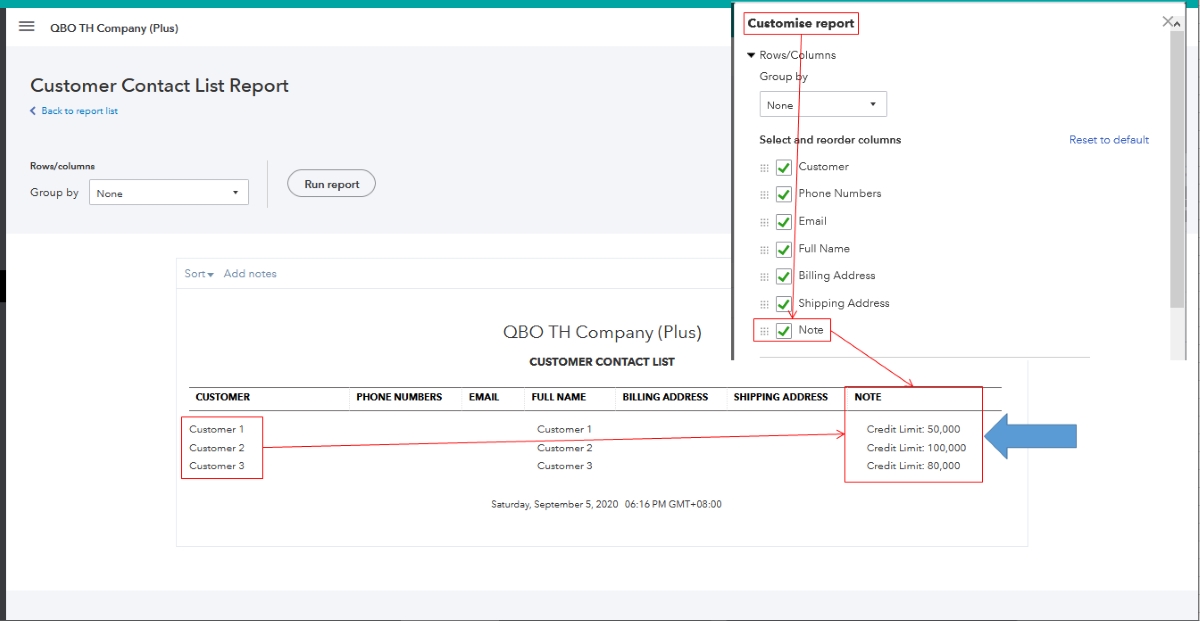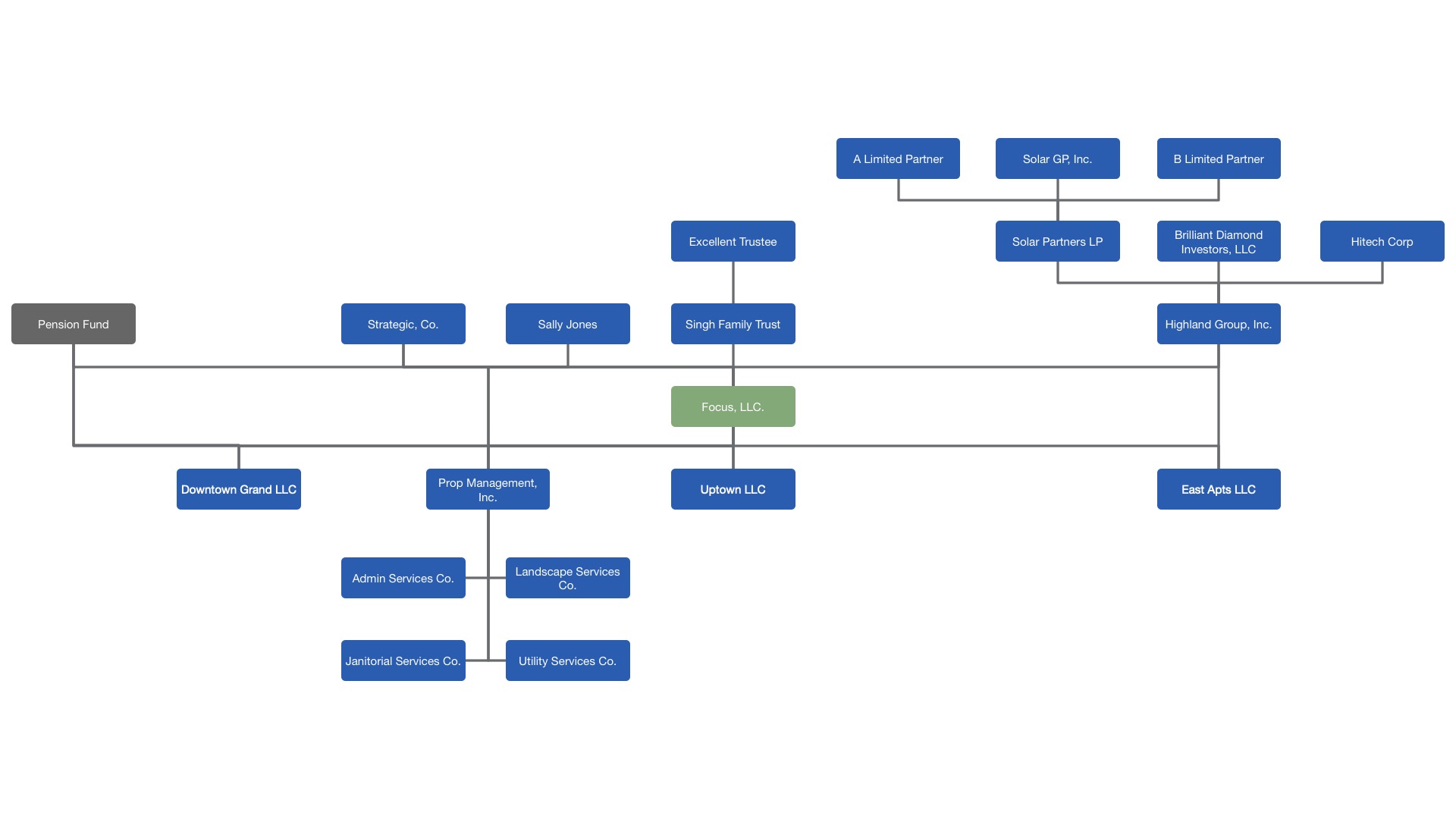Home>Finance>Healthcare Power Of Attorney (HCPA): Definition And How To Set Up


Finance
Healthcare Power Of Attorney (HCPA): Definition And How To Set Up
Modified: February 21, 2024
Learn how to set up a Healthcare Power of Attorney (HCPA) and get a clear definition. Protect your finances with this essential legal document.
(Many of the links in this article redirect to a specific reviewed product. Your purchase of these products through affiliate links helps to generate commission for LiveWell, at no extra cost. Learn more)
Healthcare Power of Attorney (HCPA): Definition and How To Set Up
When it comes to financial planning, it’s vital to make sure you have all your bases covered. While many individuals focus on estate planning and financial accounts, there’s another crucial aspect that is often overlooked – healthcare. In this blog post, we’ll delve into the topic of Healthcare Power of Attorney (HCPA) and guide you through its definition, importance, and how to set it up.
Key Takeaways:
- Healthcare Power of Attorney (HCPA) allows someone to make medical decisions on your behalf if you become unable to do so.
- Choosing a trusted individual as your healthcare agent is crucial in ensuring your wishes are respected and acted upon.
So, let’s start with the basics – what exactly is a Healthcare Power of Attorney? Also known as a medical power of attorney or healthcare proxy, an HCPA is a legal document that allows you to designate a trusted person to make healthcare decisions for you if you become incapacitated or unable to communicate your wishes.
But why is it necessary? Life is unpredictable, and unforeseen circumstances such as accidents or sudden illnesses can occur, rendering us unable to make decisions about our own healthcare. Having an HCPA in place ensures that your wishes are respected and that the person you trust can make healthcare decisions on your behalf.
If you’ve decided to set up a Healthcare Power of Attorney, here’s a simple guide to help you through the process:
1. Choose Your Healthcare Agent
The first step in setting up an HCPA is selecting someone you trust to act as your healthcare agent. This individual should understand your values, beliefs, and medical preferences. Discuss your healthcare preferences with them and make sure they are committed to honoring your wishes.
2. Draft the Healthcare Power of Attorney Document
Consult an attorney specializing in estate planning or healthcare law to help you draft a legally binding Healthcare Power of Attorney document. This document should clearly state your healthcare agent’s authority and the types of decisions they can make on your behalf.
3. Sign and Execute the Document
Once the document is finalized, you will need to sign and execute it in the presence of witnesses or a notary public, depending on your state’s requirements. It’s important to follow the legal procedures to ensure the validity of the document.
4. Share Information with Your Healthcare Provider
Inform your healthcare provider, primary care physician, and any other pertinent medical professionals about the existence of your Healthcare Power of Attorney document. Provide them with copies of the document and make sure it is included in your medical records.
5. Review and Update Regularly
Revisit your Healthcare Power of Attorney periodically to ensure it reflects your current preferences and meets any legal requirements. Life circumstances can change, so it’s crucial to keep your documents up to date.
By following these steps, you can put your mind at ease knowing that your healthcare decisions will be handled by someone you trust, even if you are unable to make them yourself.
Key Takeaways:
- An HCPA allows someone to make medical decisions on your behalf if you become unable to make them yourself.
- Selecting a trusted individual as your healthcare agent is crucial in ensuring your wishes are respected and acted upon.
In conclusion, setting up a Healthcare Power of Attorney should be an essential part of your financial planning strategy. By taking this proactive step, you can have peace of mind knowing that your healthcare preferences will be followed even in challenging times.














